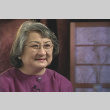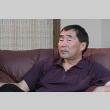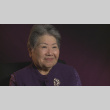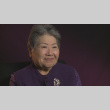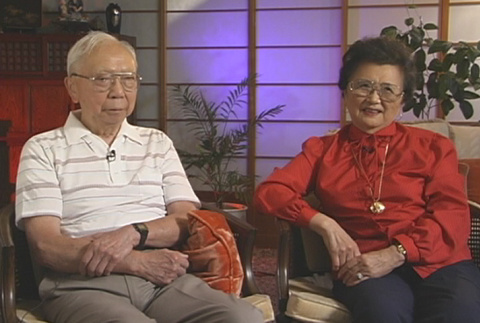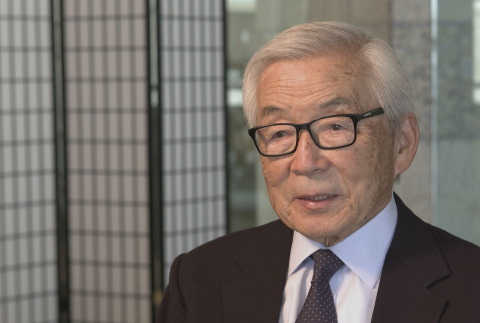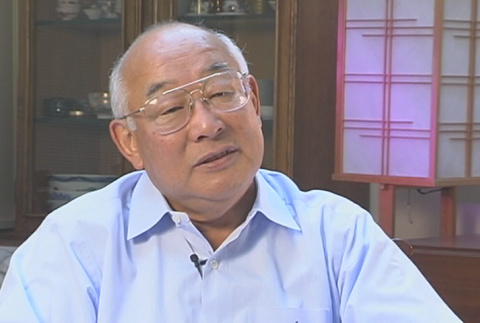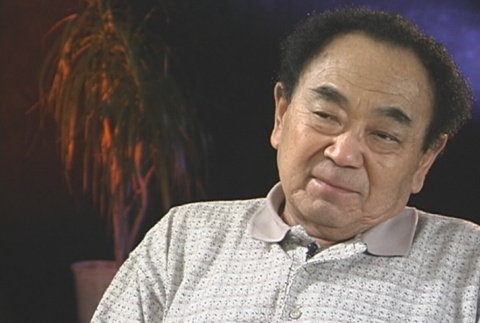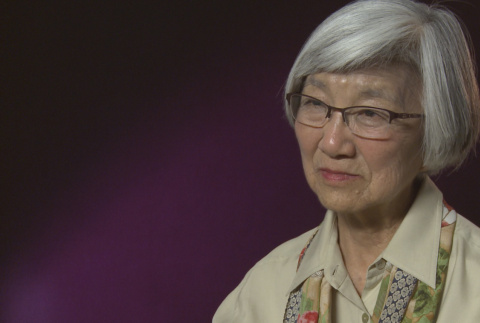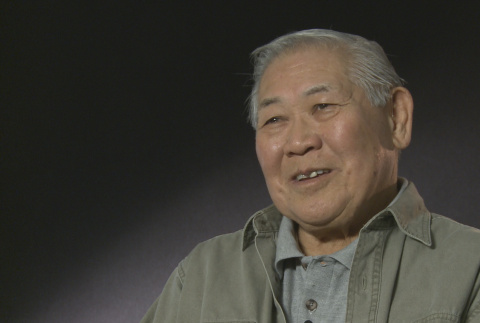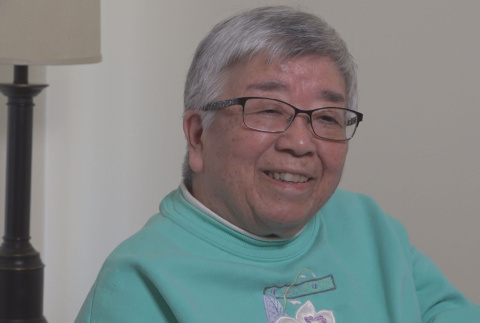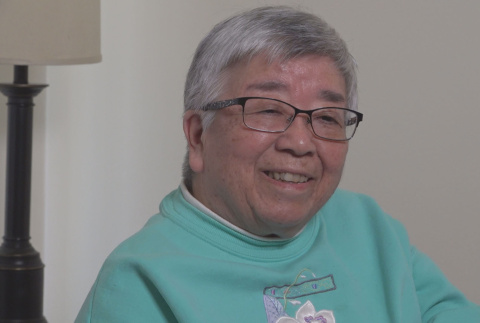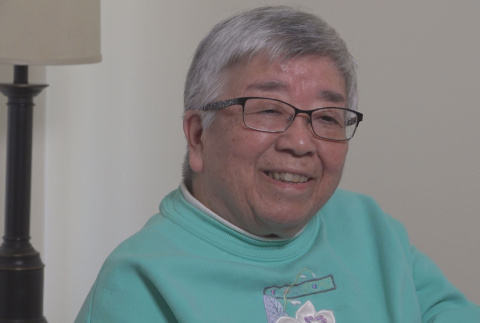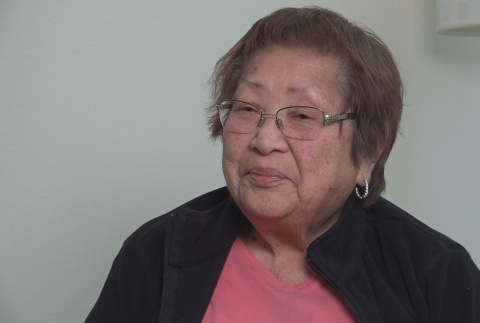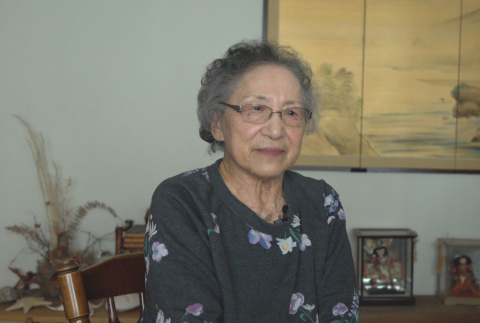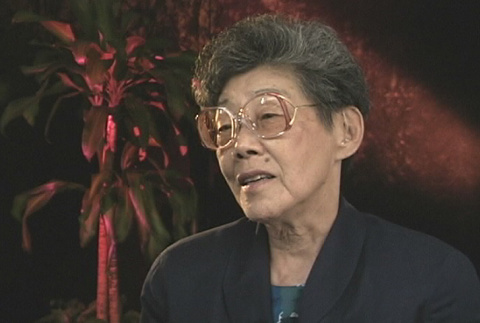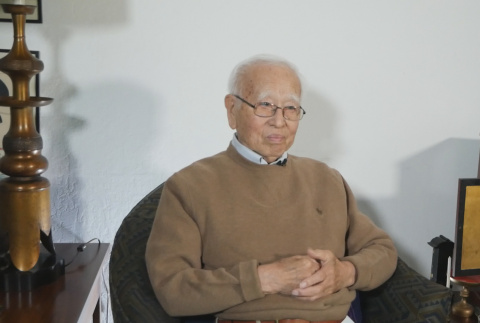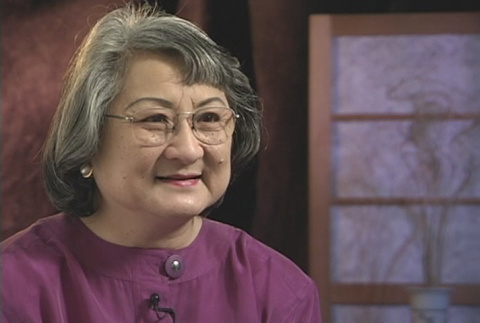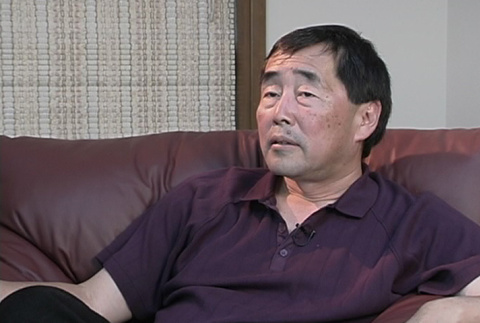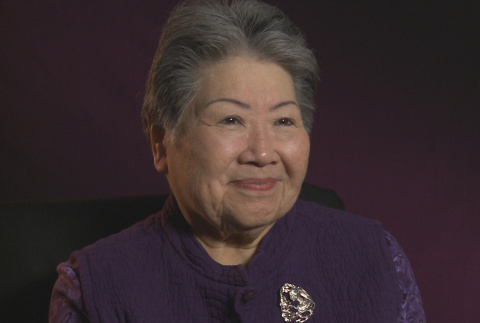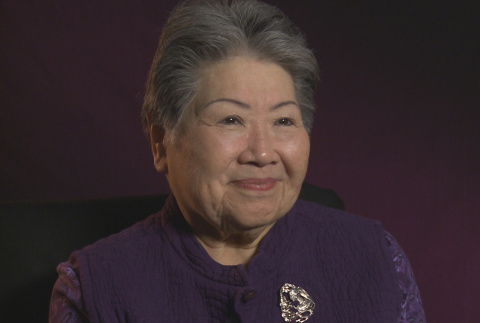Returning home
When the camps closed, Japanese Americans were handed $25 and put on trains headed for the places they had been forcibly removed from nearly four years earlier. Harassment was common -- many returning Japanese Americans were greeted with signs reading "No Japs Allowed." Other discovered their property had been vandalized or stolen. Homes and businesses that had been boarded up or left in the care of others were abandoned and stripped of furnishings and goods. For the majority, who did not have homes to return to, housing was the most serious problem. Housing discrimination was severe in many areas and persisted to varying degrees until the civil rights legislation of the 1960s. Former camp inmates with no other options moved into hostels and converted community institutions with conditions not much better than the camps they had just left. Although this period was stressful, it is remembered as a time when people came together to share what they had.
World War II
(231)
Leaving camp
(287)
Returning home
(1049)
Related articles from the
Densho Encyclopedia :
Alien land laws,
Hood River incident,
Kazuo Masuda,
Return to West Coast
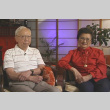
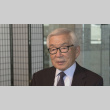
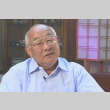



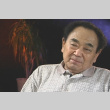
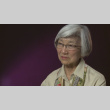
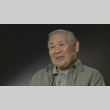
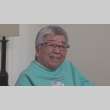
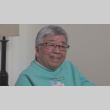
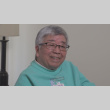
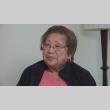
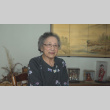
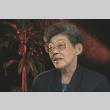
This interview was conducted at the Voices of Japanese American Redress Conference, held on the UCLA campus and sponsored by the UCLA Asian American Studies Center and the UCLA School of Public Policy and Social Research. Because of the full conference schedule, our interviews were limited to one …
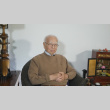
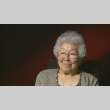
This material is based upon work assisted by a grant from the Department of the Interior, National Park Service. Any opinions, finding, and conclusions or recommendations expressed in this material are those of the author(s) and do not necessarily reflect the views of the Department of …
